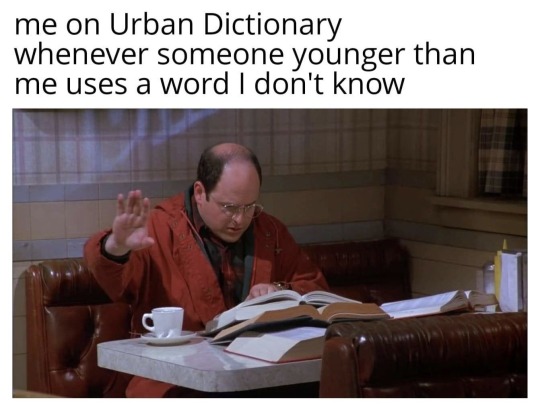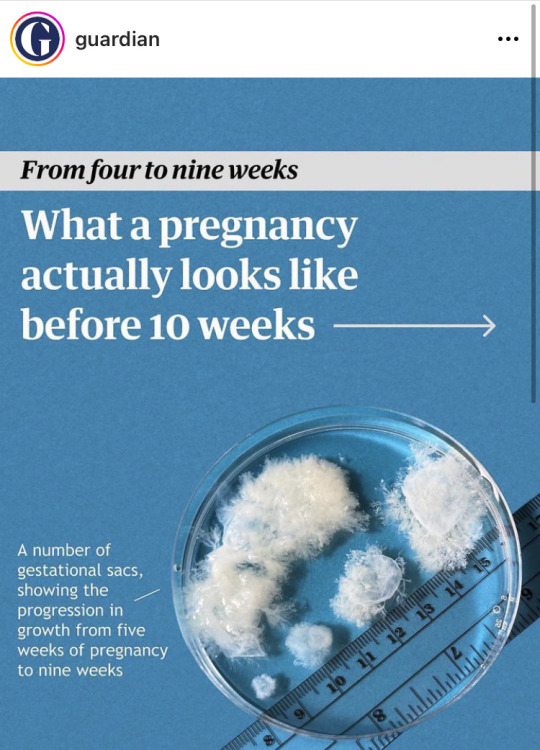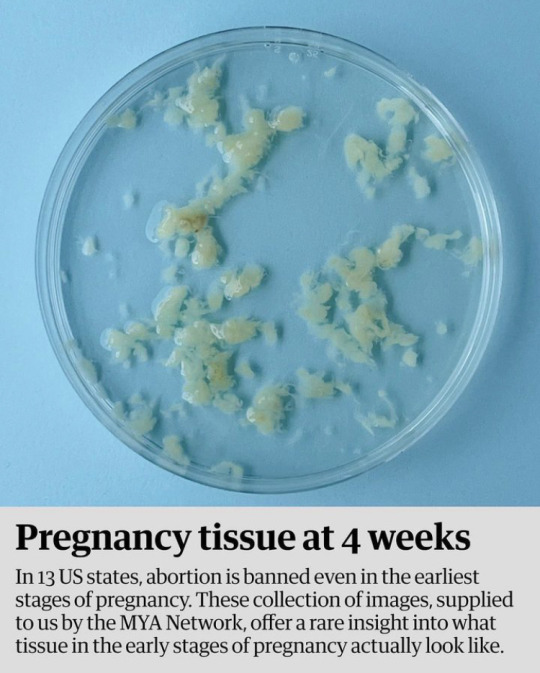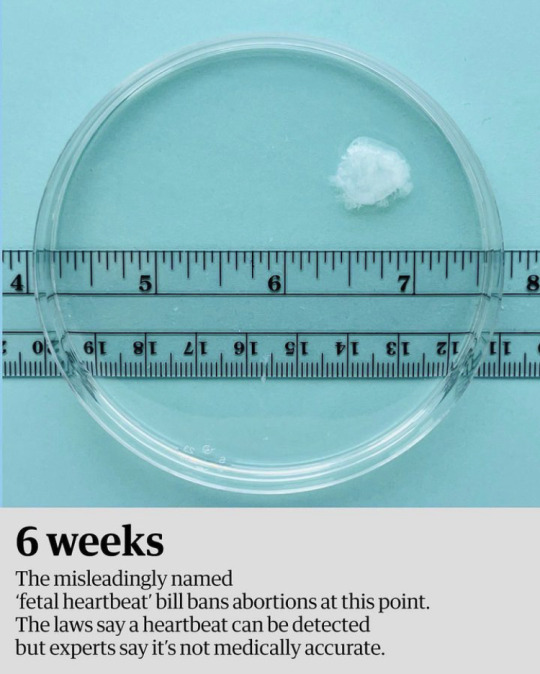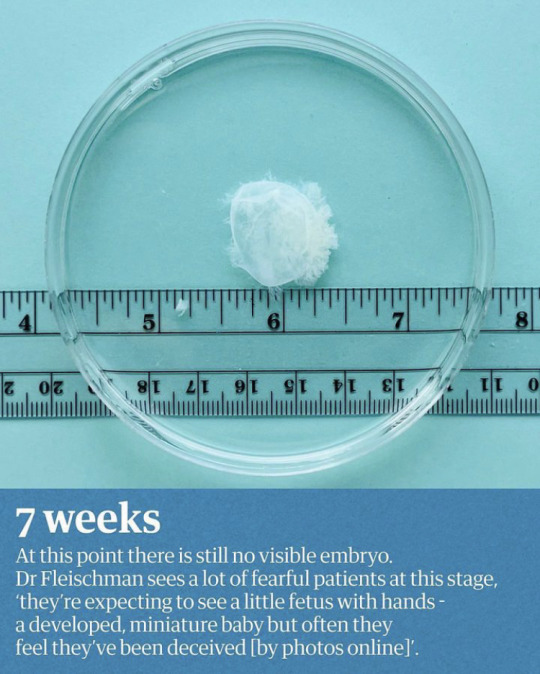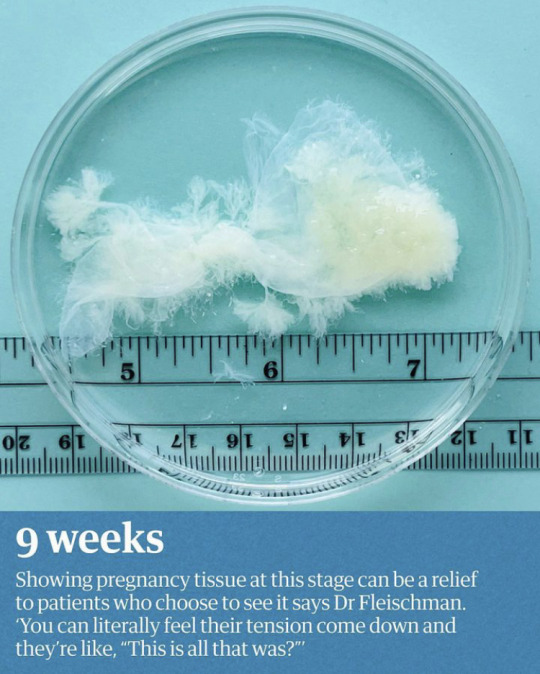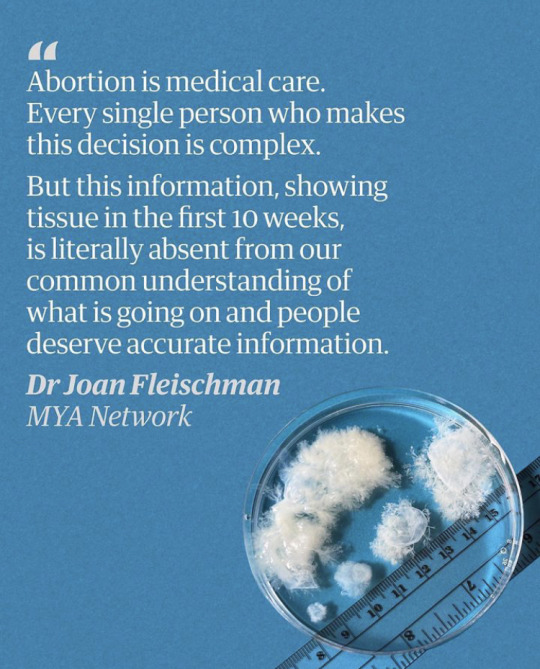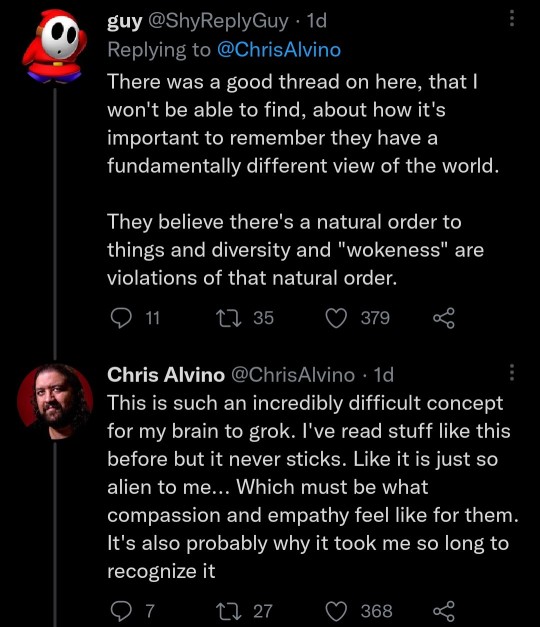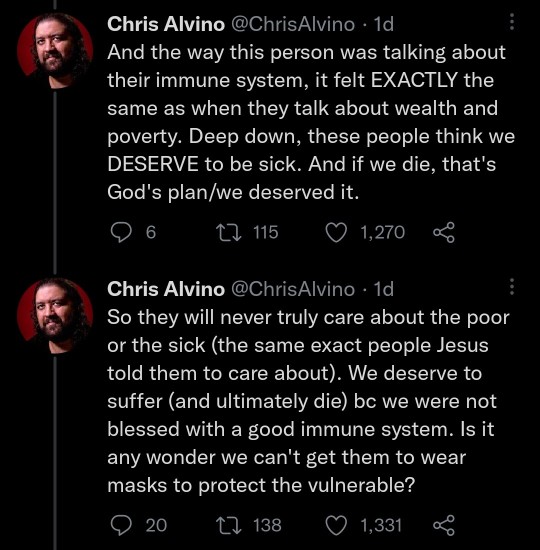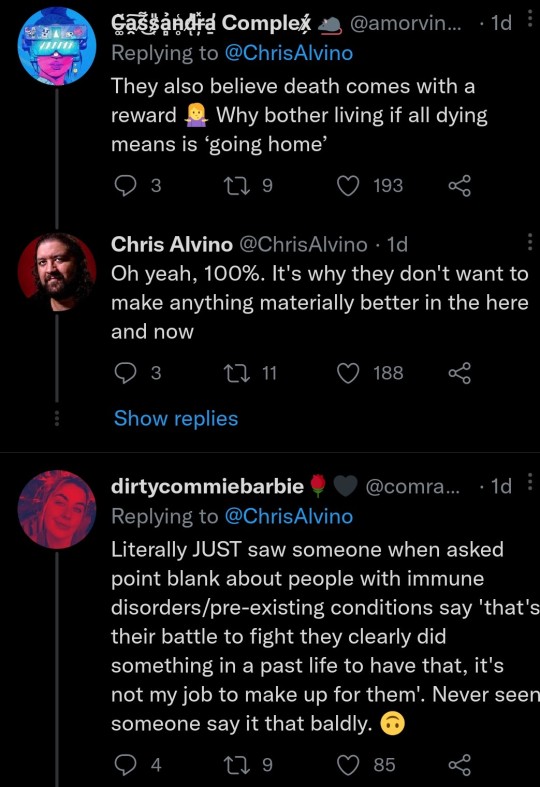Life's too short to be an asshole, except when it's funny and gets me lots of women ;) she/her / bi / I may not make content but ladies and themtlemen I reblog (slaps hood of van) only the FINEST posts you'll ever see
Don't wanna be here? Send us removal request.
Text
(crawls on all fours with blood drenched on me) I have to do arts and crafts
36K notes
·
View notes
Text

Hebden Bridge, Calderdale, West Yorkshire (England)
175K notes
·
View notes
Text
not to sound like a christian facebook mom but some of yall need to have grace in your hearts for the people in your lives or the people you pass once on the road and never see again like you literally need to stop assuming the worst of everyone and their intentions it is poisoning your brain. you can be careful and responsible without being a miserable person. it is possible i promise
38K notes
·
View notes
Text

Reddit sucks bc on there you make a comment like this and people downvote it but on here it would have 10 thousand notes
36K notes
·
View notes
Text
I so desperately want to be able to convince Trump supporters with facts and logic and empathy, but it’s so important to remember that their ignorance is INTENTIONAL. my mom didn’t let us watch Sleeping Beauty growing up. I asked her why recently and she said, “it was evil.” when I pointed out other movies had similar themes and depictions of evil, and asked what the difference was, she couldn’t. I pressed one more time and she just said, “it felt evil to me. I didn’t like it”. same thing with dune 2: she said it was “dark”, and I was, “literally, like the movie’s lighting? Or the themes?” and she said “I don’t know” and didn’t want to talk about it more. many conservatives genuinely cannot tell the difference between “I don’t like it” and “this is evil” and they do not care to learn despite many chances
33K notes
·
View notes
Text
hey its me your immune system. looks like we caught somethin here. try sneezing real fast see if that gets rid of it. yeah no dice, huh... alright lemme try filling your lungs with fluid. no yeah i do it all the time dont worry works like a charm. hmmm... still no good... alright well just hold tight here for a minute maybe it just needs time to start working. in the mean time ill go fire up the ol' neuron cooker n see if that helps
39K notes
·
View notes
Note
You probably get asked this a lot, but how do you draw hands? Even when I'm tracing, they look so weird 🙃



I could probably go on and on and on about hands, but here are some key points I compiled! I LOVE drawing hands, and I never hesitate to use my own as a reference
20K notes
·
View notes
Text
this is problematic of me (joke) but i really enjoy the splashing of french into english speech or writing. just adds a pizzazz
86K notes
·
View notes
Note
spec. spec. spec youve changed the game. i never realized your pointer finger and your wrist artery are the same. holy shit. im going to draw hands thank you


aasdjsd its not really an artery but its a useful landmark to facilitate the Flow of a pose imo
6K notes
·
View notes
Text
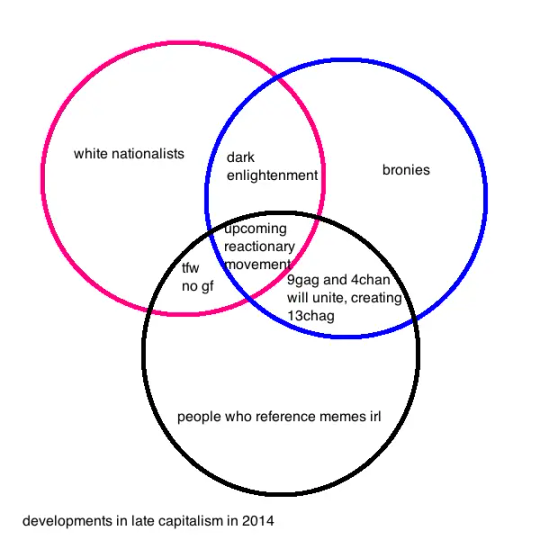
whoever made this made history's greatest called shot
11K notes
·
View notes
Text
i literally dont care what your excuse for using AI is. if you didnt put your own effort into making it im not putting my own effort into interacting with it.
78K notes
·
View notes
